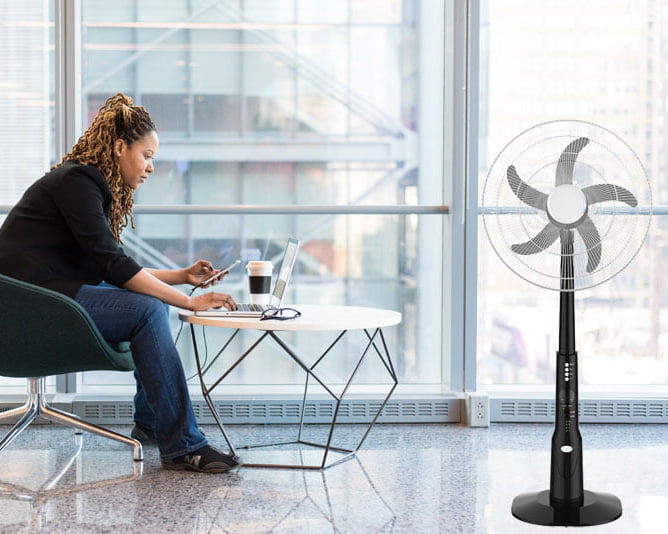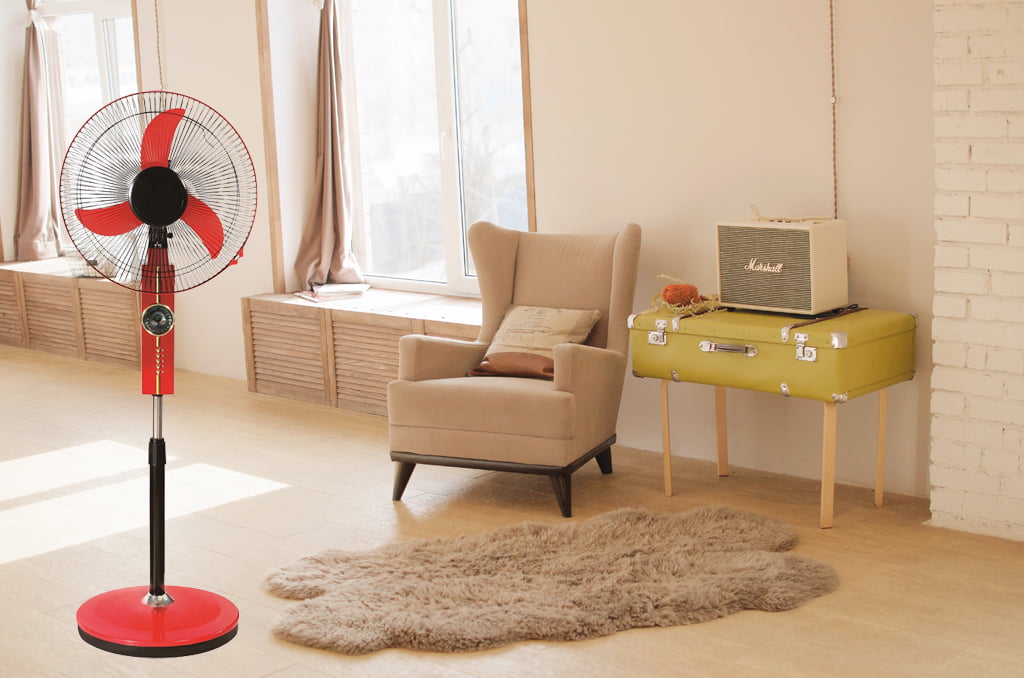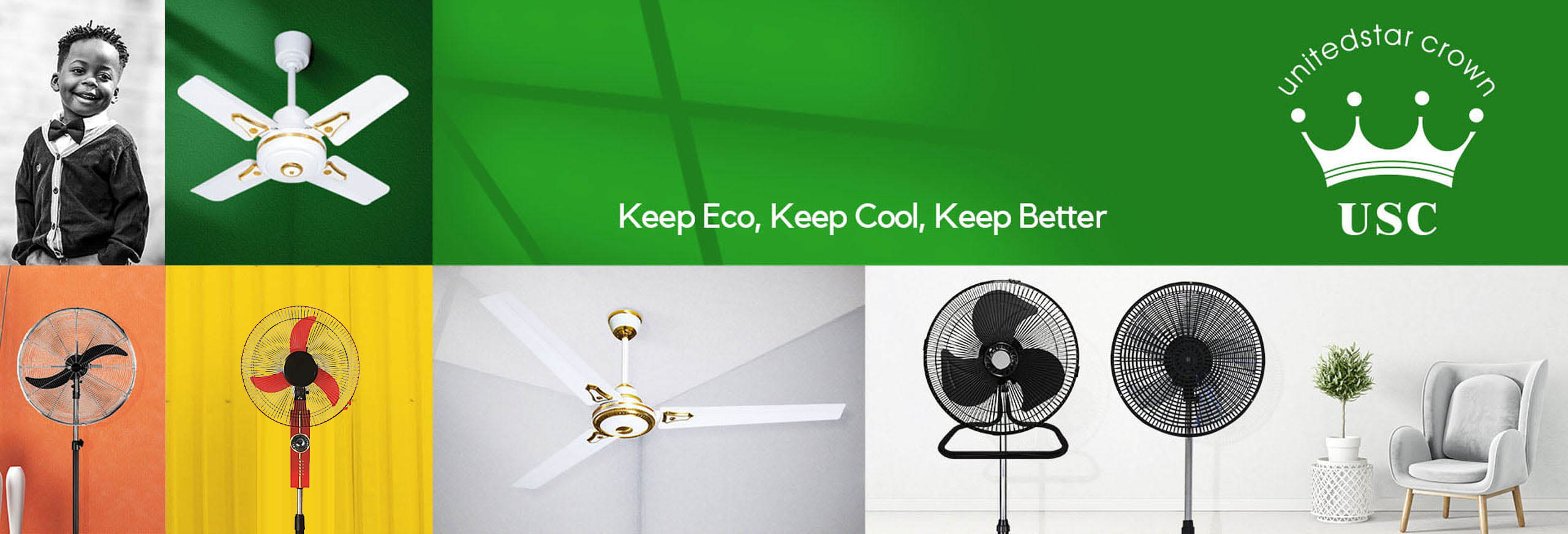Under the influence of the improving political and economic situation in Africa, household products with a complete range and good quality have become the favorite of many African consumers. The trend is particularly evident, and based on the weather conditions in Africa, electric fans are still the hottest item in Africa.

Economic resilience has increased as Africa’s political economy stabilizes:
The continent’s GDP is expected to grow by 6% by 2019;
The growing middle class is expected to reach 42% of the population by 2060;
Growing urban population, with 59% of Africans projected to live in urban areas by 2050 (82% of North America’s population in 2018);
Political and economic stability has also brought some room for growth in Africa’s home furnishing products, and with the increase in Africa’s population, by 2050, Nigeria is expected to become the world’s third most populous country after India and China.
Electric Fans are still the bestsellers in the African
Home appliances have become an integral part of modern lifestyles, and analysts at oldstein Research predict that the Middle East and Africa home appliances market will reach USD 3.957 billion by 2025, growing at a CAGR of 13.1% during the forecast period.
In the just past “Black Friday” event, TV sales still occupied the top spot, but fan sales were comparable. In addition, kettles, microwave ovens, gas stoves and blenders followed closely, all of which were based on basic models, Functional, mid-to-low price products are the most popular. In addition, the area where the average annual temperature in Africa is above 20°C accounts for about 95% of the entire continent, and electric fans are almost a must-have household item throughout the year. In addition, since electric fans in Africa have always been hot-selling products, sellers can also introduce some more creative small fans into the African market, and distance themselves from other sellers in terms of creativity, so as to win sales.
It is particularly worth noting that most of Africa is dominated by European voltage, and the plugs are mainly VDE plugs and BS plugs.

Best-selling household products in the African market
1. Storage Supplies
Due to the large population of families in Africa, with an average of 7 children in each family, some storage supplies are very popular in the African market. And according to industry reports, the number of plastic hangers entering Africa has grown by 23%-41% in recent years. In East Africa alone, the use of plastic is expected to triple over the next five years, analysts predict.
In terms of product selection, Jumia suggests that sellers can focus on lighter products to reduce logistics costs. In addition, they can also provide a series of product services for African consumers. For example, the storage series includes large, medium and small storage bags, and large storage bags. Small and medium storage boxes.
2. Kitchen Supplies
In terms of kitchen utensils, since the kitchen functions in Africa are relatively basic, it only needs to meet the daily cooking and cooking, so Jumia recommends that sellers can start with basic kitchen utensils, and at the same time, they can also have some supporting kitchen tools.
In addition, since spoons are a necessity for families, and the soup spoon category has a lot of room to play on the Jumia platform, Jumia suggests that sellers with soup spoon categories can also put them on the Jumia platform for sale.
3. Bathroom Supplies
As a country with a population of 1.2 billion, Africa is very rich in resources, but its industry is very backward. Therefore, their demand for consumer goods is very strong, and the market potential is huge. China’s bathroom products are also very popular in Africa because of their high quality and low price. Nigeria, as the most populous country in Africa and the largest economy in Africa, has been the country with the most sanitary ware exports to Africa for many years in a row. In 2017, it occupied the eighth position of the top ten export destination countries.
So if the seller has cheaper bathroom products or some 3D wallpapers, they can also sell it on the Jumia platform.
All in all, household products are not only indispensable products for every family in Africa, but also the industrial base in Africa is relatively backward, and some stainless steel and plastic appliances are relatively lacking in Africa, so their market prospects are particularly impressive, especially for some relatively cheap small commodities.

